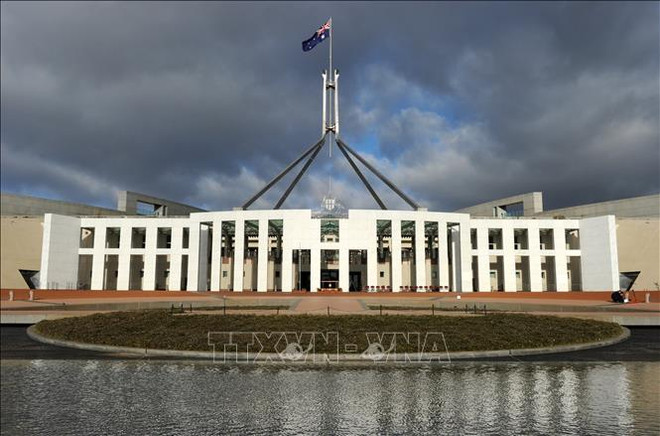Sydney (VNA) – The Australian Senate passed theComprehensive and Progressive Agreement for Trans-Pacific Partnership (CPTPP)on October 17, making Australia the fourth signatory country to ratify thetrade deal.
The CPTPP was passed by the Australian House of Representatives lastmonth.
“It's a big, important day for businesses all around the country, andit’s the product of a Government that gets it,” Australia Prime Minister Scott Morrisontold reporters in Canberra.
“It's a process our government was very committed to. When others saidthis couldn't be done, our government continued on and made sure we couldconnect Australia to half a billion consumers around the world and some almost14 trillion USD worth of economies that are there that we can now access,” headded.
It is important that the agreement comes into effect this year, saidAustralian Minister for Trade, Tourism and Investment Simon Birmingham.“Because that’s going to give the maximum benefit to our exporters, to ourfarmers, businesses who rely on access to international markets for theirgoods, for their services, to be able to bring income back here to Australia.”
The trade deal is “about helping our small and medium sized businessesto be able to get the best possible access to new export markets so our farmersand businesses can create more income and more jobs for more Australians,” henoted.
According to theGovernment of Australia, this passage of legislation through parliament bringsAustralia one step closer to being part of the first group of countries toratify the agreement.
The CPTPP is one ofthe most comprehensive trade deals ever concluded and strips 98 percent oftariffs for 11 countries with a combined GDP of more than 13.8 trillion USD andclose to 500 million consumers, it said in a media release on October 17.
Australia is forecastto see 15.6 billion USD in net annual benefits to national income by 2030 fromthe agreement.
It is a renegotiated trade deal born out of theTrans-Pacific Partnership Agreement (TPP) after the US pulled out from thedeal last year.
The revised pact was signed by the remaining 11 TPP member states,namely Australia, Brunei, Canada, Chile, Japan, Malaysia, Mexico, NewZealand, Peru, Singapore, and Vietnam in March 2018.
It will enter intoforce 60 days after at least six countries ratify the agreement. So far,Mexico, Japan and Singapore have completed their domestic processes while NewZealand, Peru and Canada are expected to pass it in the coming months.–VNA




























